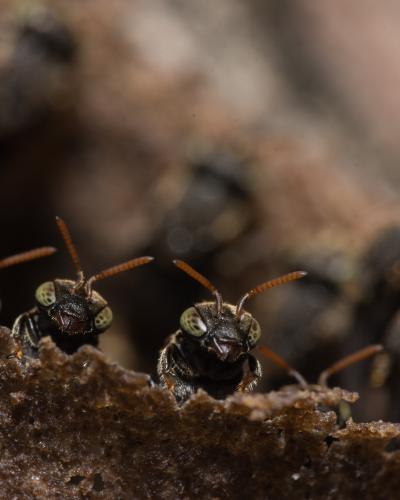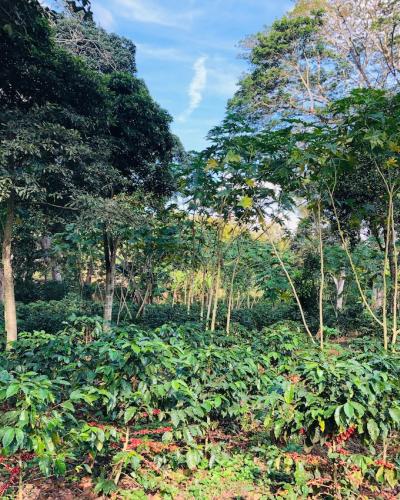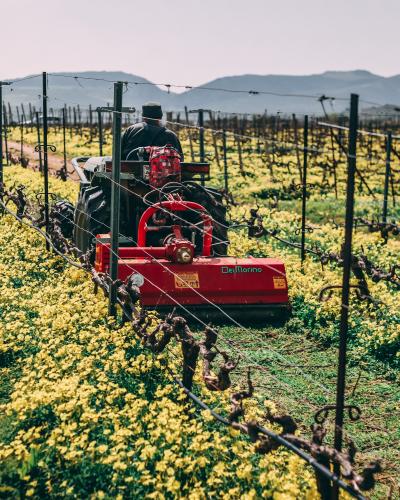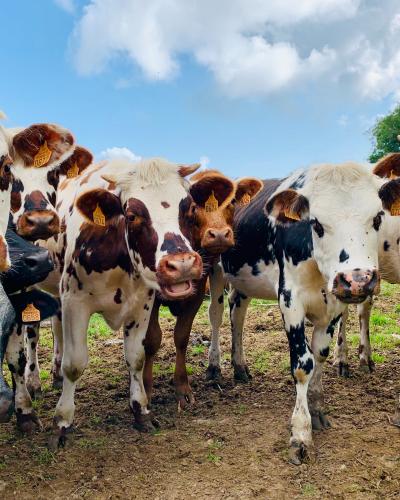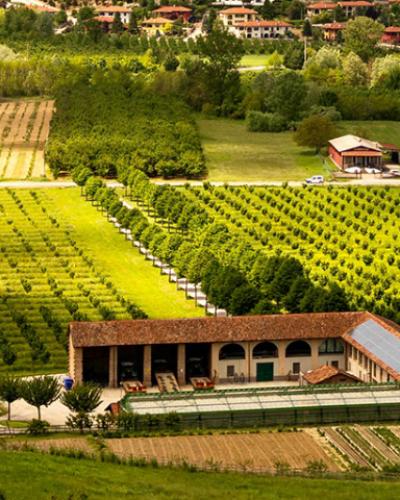To address human health concerns, food certified as USDA Organic is not allowed to contain synthetic food dyes among many other additive ingredients found in processed foods today. This concern is...
Jun 07, 2021
Soil health hinges on robust communities of soil bacteria and insects. However, a recent science review published in Frontiers in Environmental Science shows that pesticides sprayed both above and...
May 24, 2021
Successful rural development hinges on both the profitability and the environmental sustainability of cropping systems. This is especially true in regions like the tropics where the success of...
May 17, 2021
Most farmers want to employ practices that benefit human and environmental health, but connecting the dots between wanting and successfully implementing can be complicated, particularly when...
Mar 08, 2021
While there has been increasing demand from in developed countries for organic tea, a recent study published in the International Journal of Creative Research Thoughts (IJCRT), found that this...
Mar 01, 2021
DDT is an insecticide commonly used to control mosquito-transmitted malaria in the 1900s, but was eventually banned across the globe because of extremely adverse side effects on human and...
Feb 01, 2021
Many farming practices promote conservation of important natural functions like planting vegetation to support pollinators and natural enemies to pests, and using cover crops to promote soil...
Jan 18, 2021
Animal welfare has become increasingly more important to the general public and consumers are curious about what types of management offer the best animal welfare for their animal-based...
Dec 21, 2020
Supporting biodiversity is not only a tenet of organic farming, but the ecosystem services that biodiversity can provide to farmers is also relied upon for...
Dec 07, 2020
Natural habitat like woods and natural grasslands are known to support more insect and wildlife biodiversity than agriculturally intensive landscapes, but not all insects and wildlife such as...


